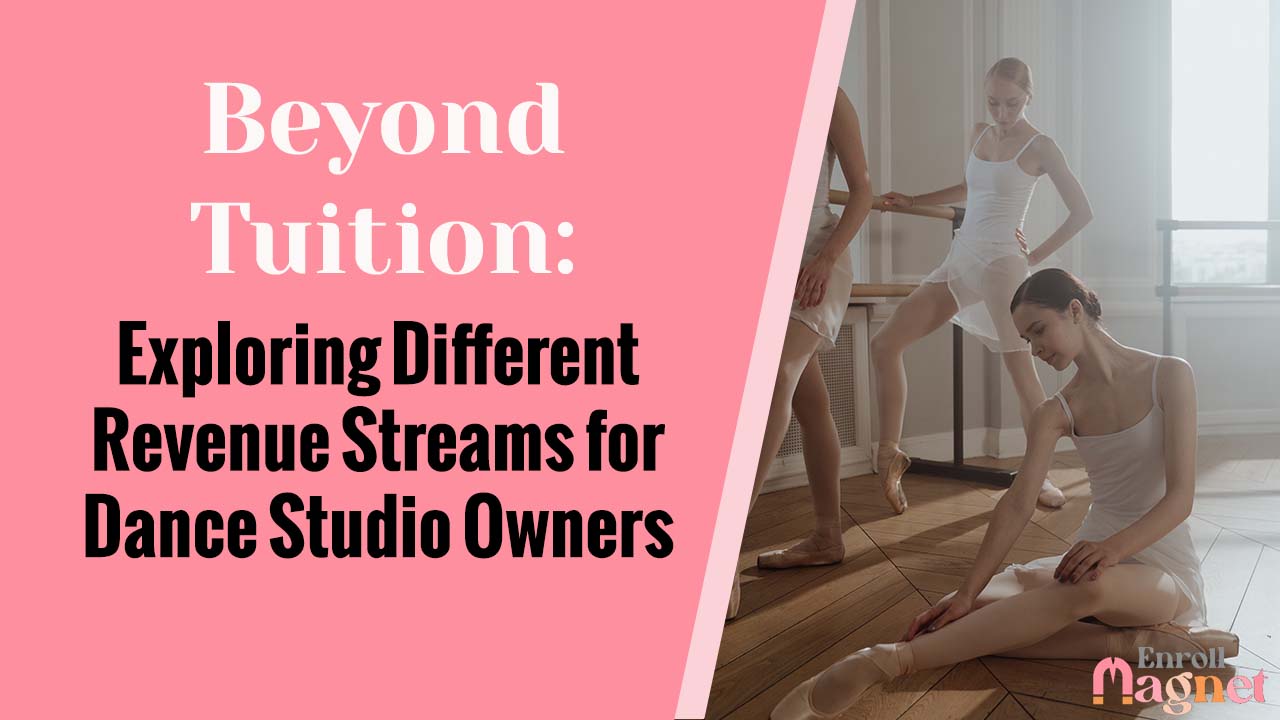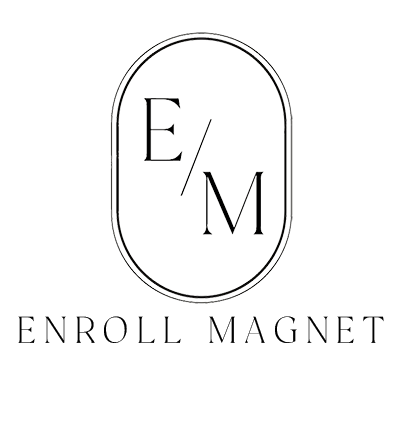Beyond Tuition: Exploring Different Revenue Streams for Dance Studio Owners

Running a successful dance studio involves more than just collecting tuition fees. In this blog post, we’ll explore different ways dance studio owners can diversify their income streams and generate additional revenue. From offering specialty classes, hosting events, selling merchandise, renting out studio space, and more, discover creative ways to increase your dance studio’s profitability and build a sustainable business model.
As a dance studio owner, there are various ways you can earn revenue and generate income. Here are some examples:
- Class tuition fees: The primary source of revenue for most dance studios is the tuition fees charged to students for dance classes. This may include regular classes, workshops, masterclasses, and other dance programs offered at your studio.
- Recital fees: Many dance studios organize annual recitals or performances for students, which may involve additional fees for costumes, tickets, or other related expenses. These fees can be an additional source of revenue for your dance studio.
- Private lessons: Offering private dance lessons to students who seek one-on-one instruction can be a lucrative source of income. Private lessons are usually charged at a higher rate than regular group classes, and they can provide an additional revenue stream for your dance studio.
- Competition fees: If your dance studio participates in dance competitions or events, you may charge fees to cover the costs associated with registration, costumes, travel, and other expenses. Competition fees can be a source of income for your studio, especially if your students excel in competitions and win awards.
- Merchandise sales: Selling dance-related merchandise such as dancewear, shoes, accessories, or branded studio merchandise can generate additional income for your dance studio. You can sell these items at your studio or through an online store.
- Studio rentals: If you have additional space in your dance studio, you can generate income by renting it out to other instructors or organizations for dance rehearsals, workshops, or events. Studio rentals can provide a supplemental source of revenue for your dance studio when not in use for regular classes.
- Summer camps or intensives: Organizing summer dance camps or intensives for students during the off-season can be a profitable venture. These programs usually charge higher fees and can provide a boost to your studio’s revenue during the summer months.
- Special events or fundraisers: Hosting special events, fundraisers, or workshops can generate income for your dance studio. These events can be open to the public or exclusive to your students and can help generate additional revenue while also promoting your studio.
- Affiliate partnerships: Partnering with dancewear companies, dance equipment manufacturers, or other dance-related businesses as an affiliate can generate income through commissions or referral fees when your students or employees make purchases through your affiliate links or codes.
- Sponsorships or partnerships: Collaborating with local businesses or organizations as sponsors or partners can generate income through sponsorships, advertising, or joint promotions. This can provide additional revenue for your dance studio while also enhancing your brand visibility in the community.
- Online classes or workshops: Offering online dance classes or workshops can expand your reach beyond your local community and generate income from students who may not be able to attend in-person classes. You can charge fees for online classes or sell recorded classes or workshops as digital products.
- Specialized programs or services: Offering specialized dance programs or services such as choreography services for events, dance therapy, dance fitness classes, or dance teacher training can create additional revenue streams for your dance studio.
It’s important to carefully plan and manage your studio’s revenue streams to ensure financial stability and sustainability. Consider consulting with a financial advisor or business expert to help you develop a comprehensive strategy for earning income as a dance studio owner.
